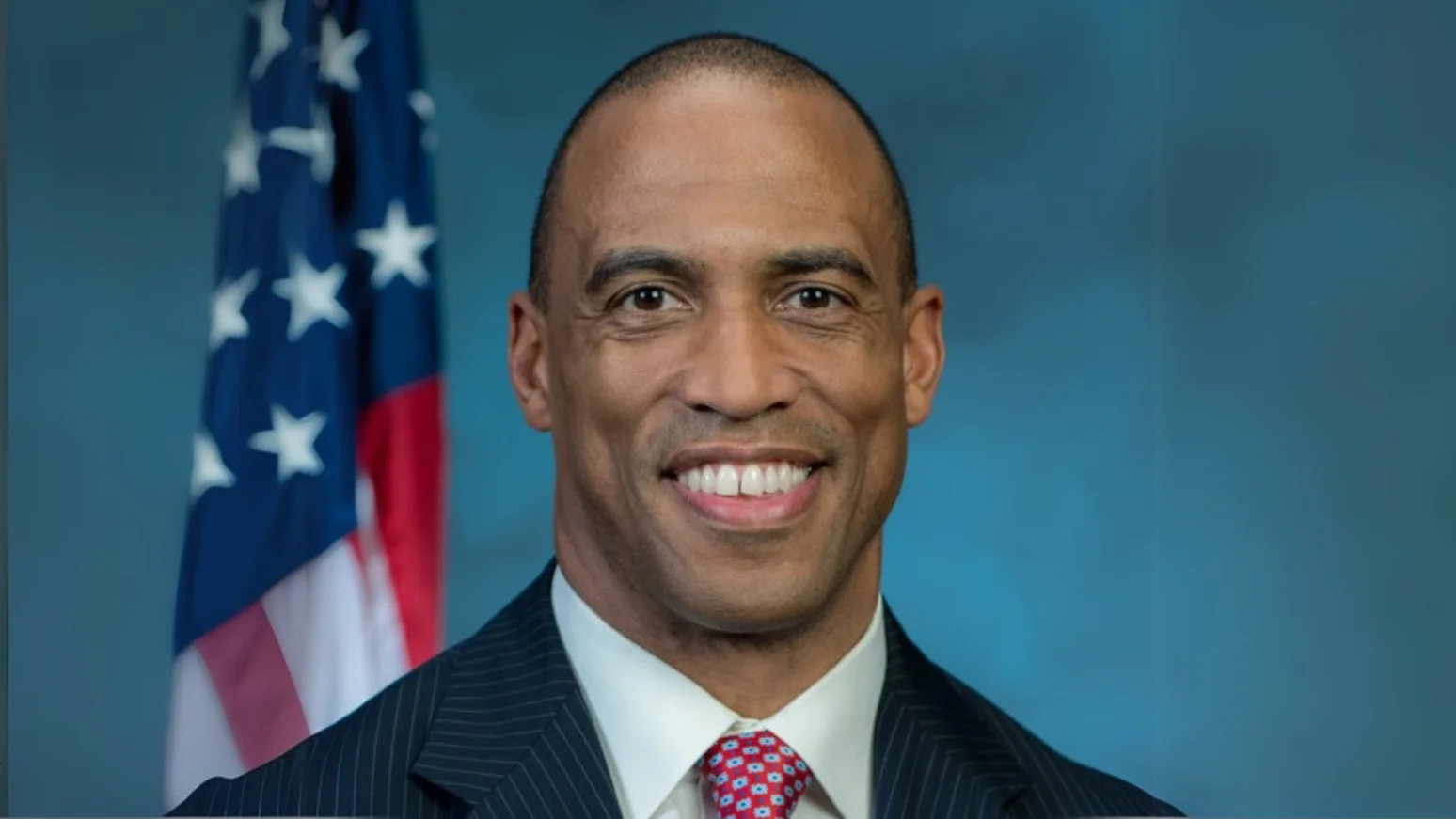During National Homeownership Month, the U.S. Department of Housing and Urban Development (HUD) implemented a series of regulatory changes and initiatives to improve access to homeownership across the United States.
Secretary Scott Turner led efforts to reduce regulations at HUD, aiming to encourage private sector growth in housing development. He stated, “We’re slashing regulations at HUD to unleash the private sector to build and get government out of the way. The Federal Reserve needs to do its part and cut interest rates. Mortgage rates will follow.”
Secretary Turner marked the beginning of National Homeownership Month by ringing the Closing Bell at the New York Stock Exchange, where he emphasized the importance of free enterprise in expanding affordable housing opportunities. Quoting former President Calvin Coolidge, he said: “‘The chief business of America is business.’ And what better way to celebrate that than to be here at the New York Stock Exchange and there's no greater time to celebrate that than National Homeownership Month.”
As part of these efforts, HUD announced that the Federal Housing Administration (FHA) would rescind more than twelve sub-regulatory policies under its Single Family mortgage insurance program. These changes are intended to simplify processes for homebuyers and lenders by reducing red tape throughout the loan origination process.
In addition, FHA plans to standardize both Upfront Capitalized and Annual Mortgage Insurance Premiums (MIPs) for all Multifamily program categories at 25 basis points. This proposal would eliminate previous incentives for green energy projects, with the goal of lowering costs for lenders and developers while accelerating affordable housing supply.
Industry leaders have responded positively to these moves. Bob Broeksmit, President and CEO of MBA, said, “We commend HUD Secretary Scott Turner and his team for being responsive to our recommendations on this issue. Leveling upfront and annual mortgage insurance premiums will help increase rental housing production and improve affordability for renters across the country.” The National Apartment Association also acknowledged recent policy changes related to operating cost adjustment factors that address rising property management insurance costs.
HUD hosted its first Manufactured Housing Lender Roundtable as part of ongoing engagement with industry stakeholders on lowering housing costs and expanding supply.
Internationally, HUD partnered with Ginnie Mae and Korea Housing Finance Corporation by signing a memorandum of understanding aimed at strengthening cooperation in housing finance.
Secretary Turner discussed these developments during appearances on Fox Business with Dagen McDowell, David Webb, and Jason Chaffetz. He highlighted that since 2017 FHA has insured loans for 236,000 homebuyers—140,000 of whom were first-time buyers—and described continued efforts to remove regulatory barriers affecting both federal programs and local development rules.
He also wrote opinion pieces addressing homeownership opportunities for tribal communities through HUD’s Section 184 Indian Home Loan Guarantee Program as well as strategies targeted at helping younger Americans become homeowners.
The department continues exploring changes in manufactured housing policy as part of its response to national shortages in affordable homes (https://www.hud.gov/program_offices/housing/sfh/mhs/mhshome). Recent actions include removing over a dozen regulatory requirements from FHA’s single-family mortgage insurance program (https://www.federalregister.gov/documents/2025/06/15/2025-14567/fha-single-family-mortgage-insurance-program-policy-rescissions), which is intended to lower ownership costs. Alongside FHA, HUD is moving forward with leveling annual mortgage insurance premiums across multifamily categories—a change expected to end incentives linked with green building requirements (https://www.huduser.gov/portal/pdredge/pdr-edge-trending-062025.html).





